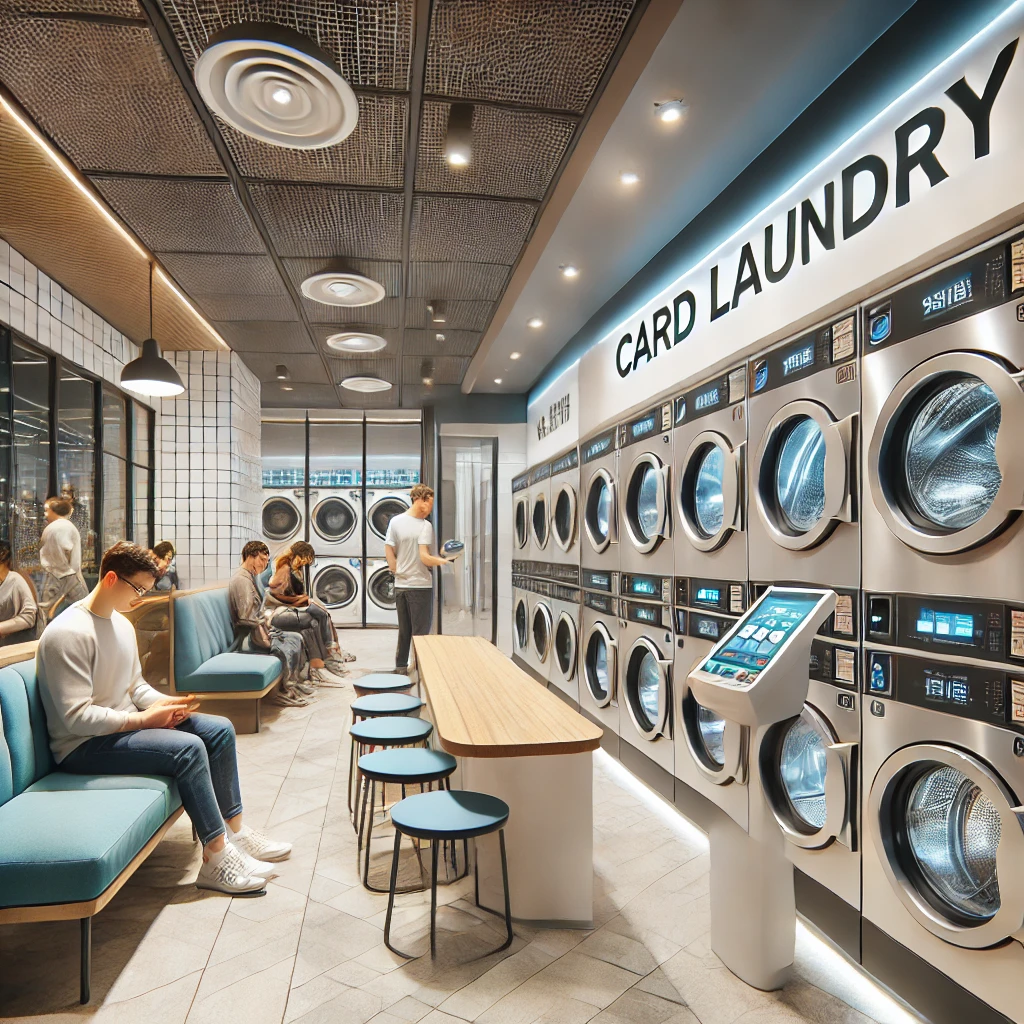How effective laundry room management transforms business operations
Running a commercial or residential laundry room might seem straightforward—until you’re the one responsible for its performance. Whether it’s a student housing complex, an apartment block, or a large-scale facility like a hospital or gym, efficient Laundry Room Management isn’t just about machines and detergents. It’s about keeping things moving, minimising breakdowns, and making sure linen and garments get returned on time and in top condition.
Good laundry managers know this. They’re not just handling equipment—they’re managing systems, people, and service delivery standards that directly affect customer satisfaction and cost control.
The Core Duties of a Laundry Room Manager
At its core, a laundry manager oversees all daily laundry operations. Their responsibilities span scheduling, staffing, quality control, and ensuring the room runs at maximum efficiency. Here’s a breakdown of what that looks like:
- Staff Scheduling & Supervision: They make sure there’s enough manpower on duty, especially during high-volume periods. In smaller sites, the manager may step in to handle tasks directly, while in larger setups, they oversee multiple team members across shifts.
- Inventory Management: From chemicals to linen stock, they track usage, prevent shortages, and eliminate waste. Overordering increases costs. Underordering causes delays. Finding that sweet spot is critical.
- Equipment Maintenance: A laundry room grinds to a halt when machines break down. Managers coordinate regular servicing, spot wear-and-tear issues early, and liaise with suppliers or technicians to keep everything operational.
- Load Monitoring & Turnaround Time: Meeting demand without bottlenecks is essential. A good manager uses experience—and sometimes digital tools—to track flow, allocate machines, and keep turnaround within agreed windows.
- Hygiene Compliance: Especially in healthcare and hospitality, standards are strict. They oversee cleaning protocols and ensure staff follow hygiene rules, which might include using separate machines or schedules for certain categories of linen.
The Hidden Skills That Drive Results
A laundry manager’s job goes beyond keeping the wash cycle running. The best in the business have strong operational insight and communication skills. They’re also:
- Problem Solvers: From machine issues to supplier delays, fast decisions keep operations on track.
- People Managers: Staff retention and morale can suffer in repetitive work environments. Smart managers build supportive teams, reducing turnover.
- Budget Watchers: By tracking utility use, downtime, and inventory waste, they improve margins and often influence larger business savings.
In multi-residential buildings, managers might work closely with property managers to address resident complaints or improve service offerings. In commercial settings, they’ll likely collaborate with procurement, logistics, and sometimes even marketing teams—especially if laundry services are a visible customer touchpoint.
Technology’s Role in Smarter Laundry Room Management
Modern Laundry Room Management isn’t just about physical workflow—it also involves data. Smart sensors, app-based machine booking, and digital dashboards now play a role in how managers optimise performance.
For instance, route-based commercial operators increasingly rely on RFID tags or barcoding to track laundry from pickup to drop-off. This improves accountability and reduces errors, especially in high-turnover environments like gyms or hotels.
Some facilities are even integrating cloud-based tools that track usage trends and predict maintenance needs before machines break down. This level of insight lets laundry managers act proactively—cutting downtime and avoiding last-minute headaches.
Outsourcing: A Practical Strategy for Consistency
One increasingly popular approach is to outsource Laundry Room Management to external specialists. This is particularly common in student housing, gyms, and smaller medical centres that want the reliability of a professionally managed system without the overhead of running it in-house.
By engaging third-party experts, these facilities gain predictable costs, access to commercial-grade equipment, and a performance guarantee. More importantly, they free up internal resources and eliminate the steep learning curve associated with laundry logistics.
Laundry Room Management by experienced external operators offers better scalability and long-term consistency—especially for businesses focused on growth or customer experience. Learn more about how this model works here: Laundry Room Management.
Real-World Benefits: Time, Trust, and Tenants
In a North Melbourne residential complex, the property manager noticed a 25% drop in tenant complaints after bringing in outsourced laundry oversight. The washers were always working, detergent levels were maintained, and the service provider offered a helpline for issues.
Meanwhile, a local fitness centre opted to stop laundering towels in-house. The new managed service not only reduced their energy bills but also cut staff costs. Their towels were collected daily, washed off-site, and returned fresh and folded within 24 hours.
These are not isolated examples. The shift towards strategic laundry partnerships is gathering pace across Australia—and it’s not hard to see why.
Sustainability and Laundry Operations
Water, energy, and detergent usage are key cost and environmental concerns in any laundry setup. A smart manager keeps these under control by:
- Running full loads only
- Using high-efficiency washers
- Opting for low-temperature cycles when possible
- Investing in eco-friendly detergents and reusables
Australian businesses are also being encouraged to align with sustainability frameworks such as Planet Ark’s Business Recycling program—a valuable resource for organisations looking to reduce their environmental impact in practical ways.
Final Thoughts: Laundry Done Right
Laundry might be a behind-the-scenes task, but mismanaging it creates ripple effects—from poor hygiene and customer complaints to rising costs and lost time. That’s why Laundry Room Management deserves a front-seat role in business planning.
Whether you’re running a building with a shared laundry room or overseeing multiple commercial facilities, getting this function right means consistency, confidence, and cleaner results.
To explore efficient Laundry Room Management strategies that scale with your needs, check out this helpful guide: Laundry Room Management. You’ll also find insights on outsourcing, route operator models, and the future of laundry logistics.
For those ready to simplify operations and stay ahead of the curve, there’s no better place to start than your laundry room.

